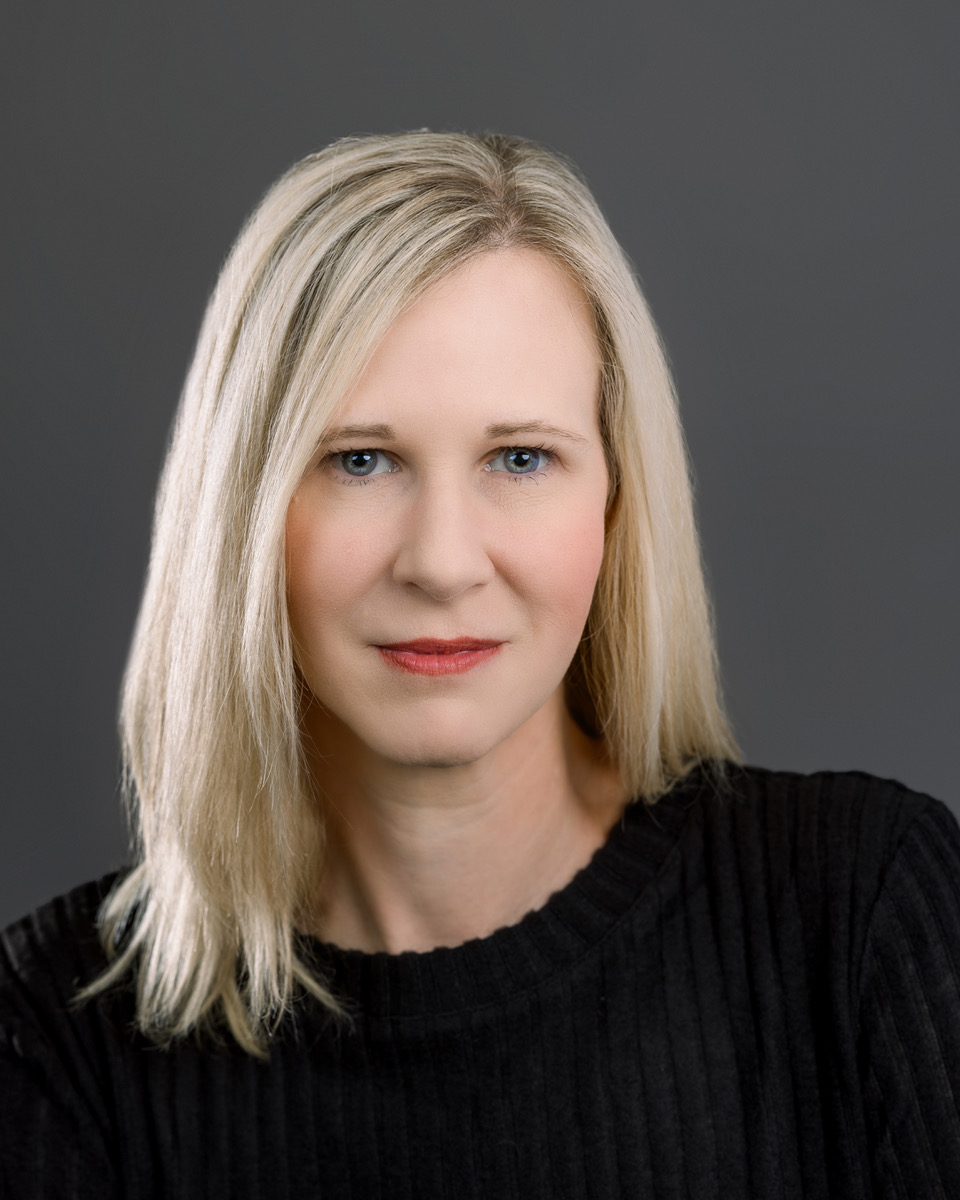We’re excited to introduce you to the always interesting and insightful Susan McCauley. We hope you’ll enjoy our conversation with Susan below.
Alright, Susan thanks for taking the time to share your stories and insights with us today. Are you happier as a creative? Do you sometimes think about what it would be like to just have a regular job? Can you talk to us about how you think through these emotions?
As a writer, I’m happiest when I’m submerged in a story—when a character’s voice clicks into place or a scene unfolds and I can’t stop writing. But there are days when writing feels like trying to run through thigh-high mud. A week ago, I was sitting at my desk after chatting with someone who may become my literary manager. He’s a great guy and an excellent manager, but I was reminded how much screenwriting depends on what producers are buying (or not buying), and how creativity has to bend to the whims of the dollar. In screenwriting much more than fiction, you have to deliver what buyers think they can sell—so it becomes less about the creativity and more about what’s bankable—all while having to deliver a highly polished, well-written product. Sometimes that makes me sad, and makes me wonder what it would be like NOT to have the innate desire—the innate need—to write.
It seems like life would be easier and less stressful if I could complete a task and clock out—to have a life with steady paychecks, regular work hours, and fewer big personalities and demands. But I know, for all the frustrations of a creative career, that a regular job wouldn’t make me happy. The truth is that I have to write. It’s in my blood. In my soul. I love that the creative life is both freedom and fire—messy, unpredictable, sometimes terrifying—but it’s also the only place where I feel fully alive, where the inner world and the outer world can meet and make something that didn’t exist before. While I find the most creative freedom in writing fiction (hey, there are less dollars on the line to print a book than to produce a film), I still enjoy putting the bones of a film on the page.
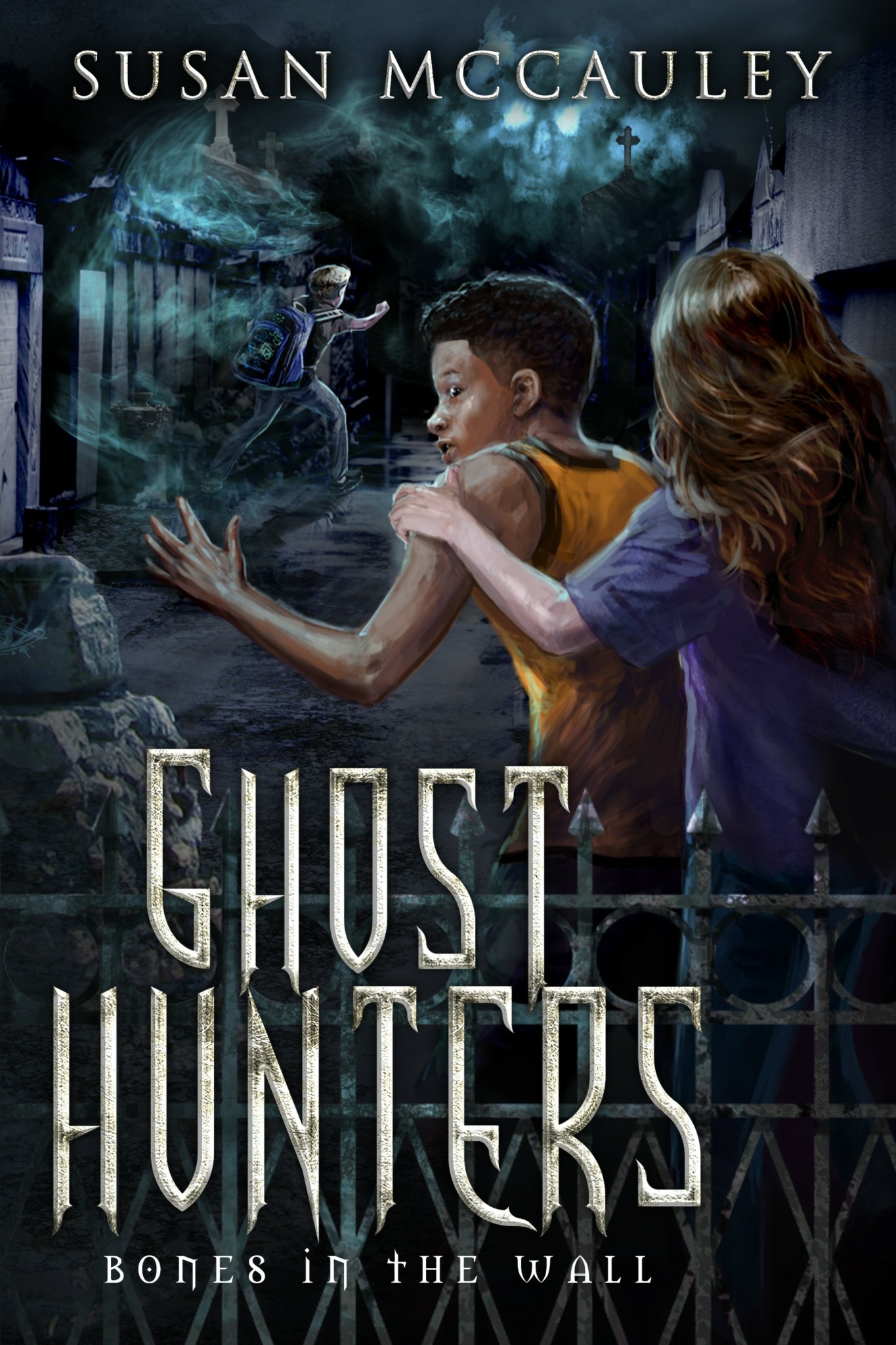
Susan , before we move on to more of these sorts of questions, can you take some time to bring our readers up to speed on you and what you do?
I’m an author and screenwriter who’s always been drawn to stories that carry a spark of mystery, magic, or the spooky. I’ve worked across film, theatre, and books, with training that spans the University of Houston, the University of Southern California, and the Royal Academy of Dramatic Art in London. That background has given me a deep understanding of narrative from multiple angles, including acting, writing, and directing, which shapes how I build plot, character, atmosphere, and emotional resonance in my work. I write books for children, teens, and adults, including my Ghost Hunters book series and my forthcoming gothic horror novel, The Raven (2026). I also write screenplays and develop film/TV projects based on original stories and adaptations of my books.
In my writing, I work to craft immersive, character-driven worlds that appeal to a wide range of audiences while still feeling intimate and emotionally grounded. I love writing stories that entertain, but also give readers and viewers something to hold onto — a moment of courage, vulnerability, wonder, or hope. I’m most proud of the relationships I’ve built, and continue to build, with my readers and the way my stories resonate with young people who are just discovering a love of reading, as well as adults who find depth in the darker, more atmospheric elements of my work. For anyone new to my writing, I want them to know that my goal is always to create stories that feel emotionally rich and engaging— even when there are ghosts involved.
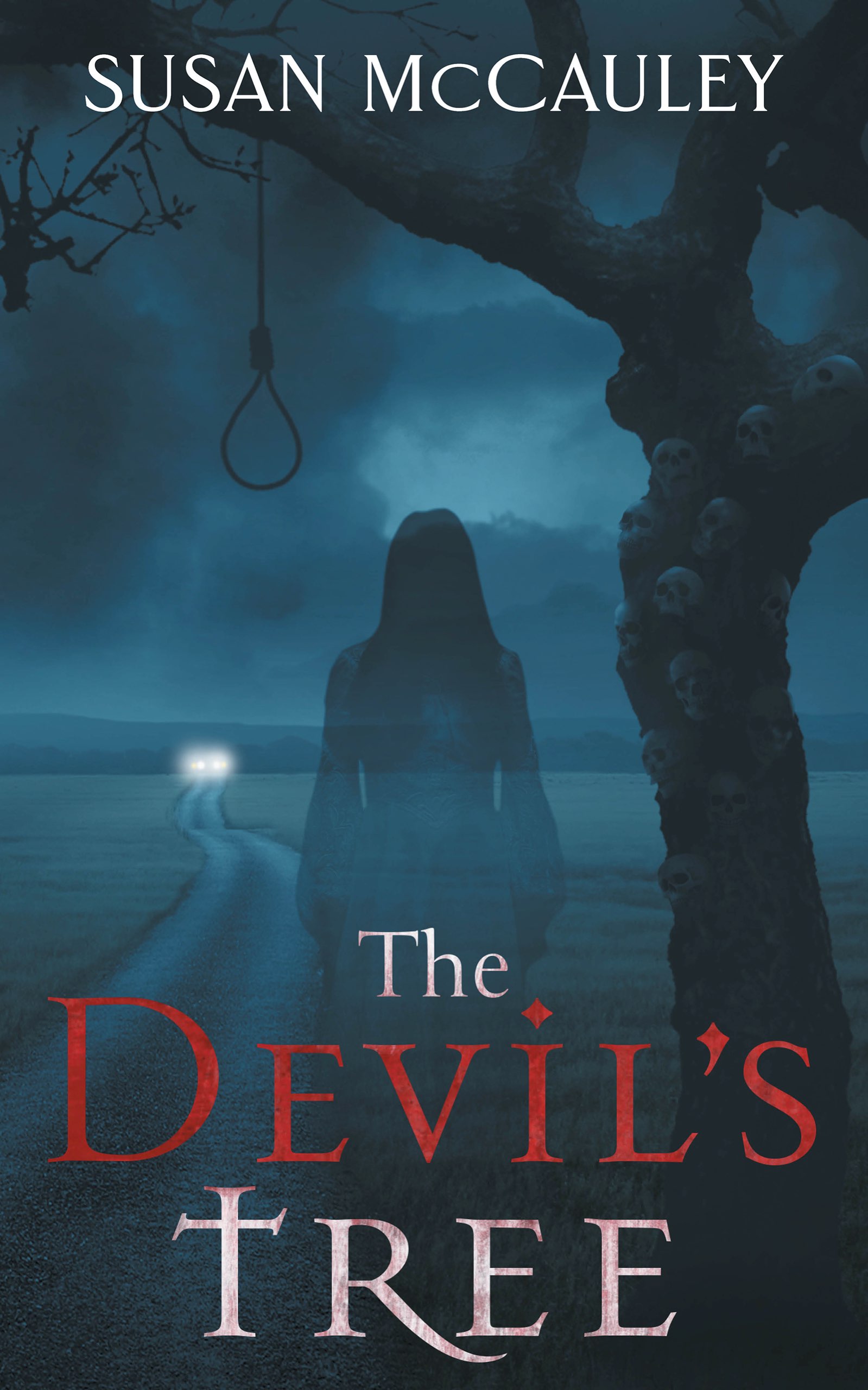
How did you build your audience on social media?
I’m still building my social media audience. I think this is an unending endeavor of the modern age. For me, the key to social media growth is doing it organically. When I meet readers at book signings and comic cons that like my work or connect with me personally, they follow me. It’s that in-person interaction and engagement that creates interest. And, for me, I want folks to have genuine interest in what I do.
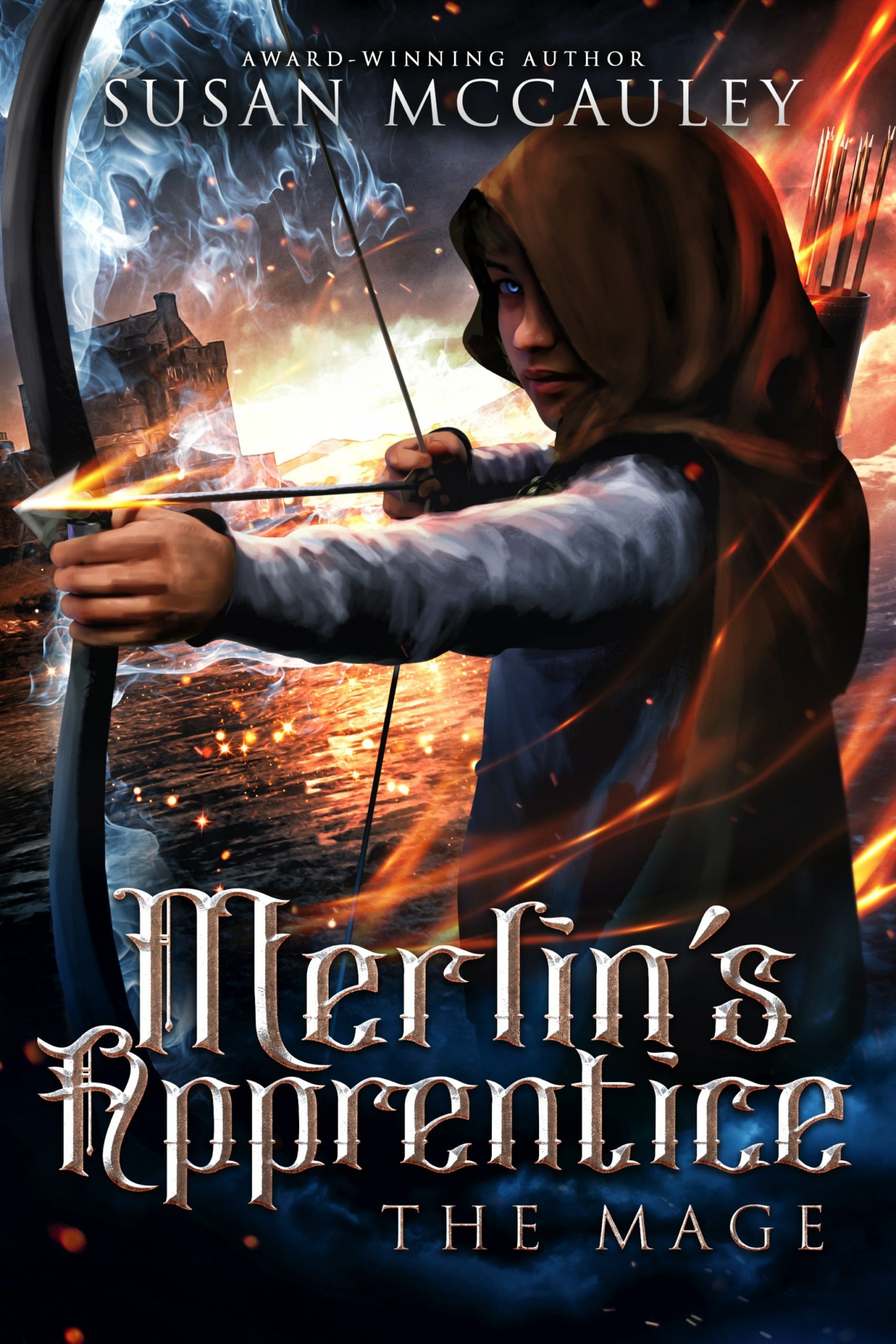
In your view, what can society to do to best support artists, creatives and a thriving creative ecosystem?
I believe a thriving creative ecosystem begins with valuing the process of creativity, not just the final product. That means supporting arts education in schools, making books, theater, and film accessible to children early, and encouraging imagination as a skill rather than a distraction. It means supporting both indie and mainstream artists (sometimes they can be one in the same).
Storytelling helps people understand themselves and the world, and when we invest in readers and creators, we invest in a more empathetic, thoughtful culture. There is a definite need to create more sustainable pathways for working artists in the United States, including fair compensation, grants, mentorship programs, and community spaces where artists can collaborate instead of competing in isolation. And perhaps most importantly, people can support creatives by truly engaging with their work: read the books, attend the local film screenings, leave reviews, share a recommendations. Books and films thrives when they’re seen, heard, and discussed. I think it’s important for people to ask themselves as individuals what they personally get from reading a book or watching a film? Is it inspiration? Hope? Escape? Whatever it is, remember that the next time you’re at the bookstore or theater. You’re not only fulfilling a need in yourself, but you’re also supporting the artists and allowing them to continue to create.
Contact Info:
- Website: https://www.sbmccauley.com/
- Instagram: https://www.instagram.com/susanbmccauley/
- Facebook: https://www.facebook.com/SusanBMcCauley
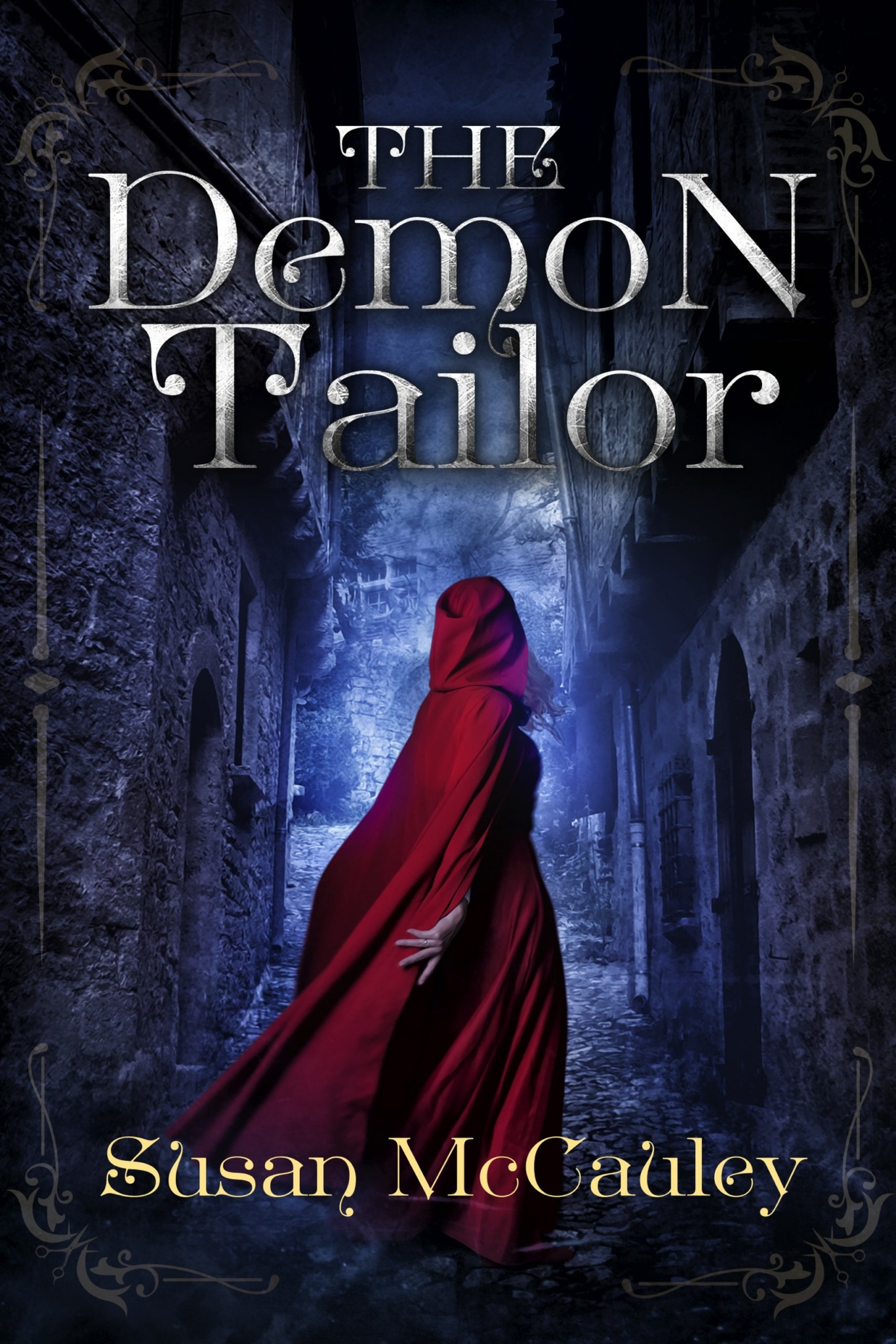
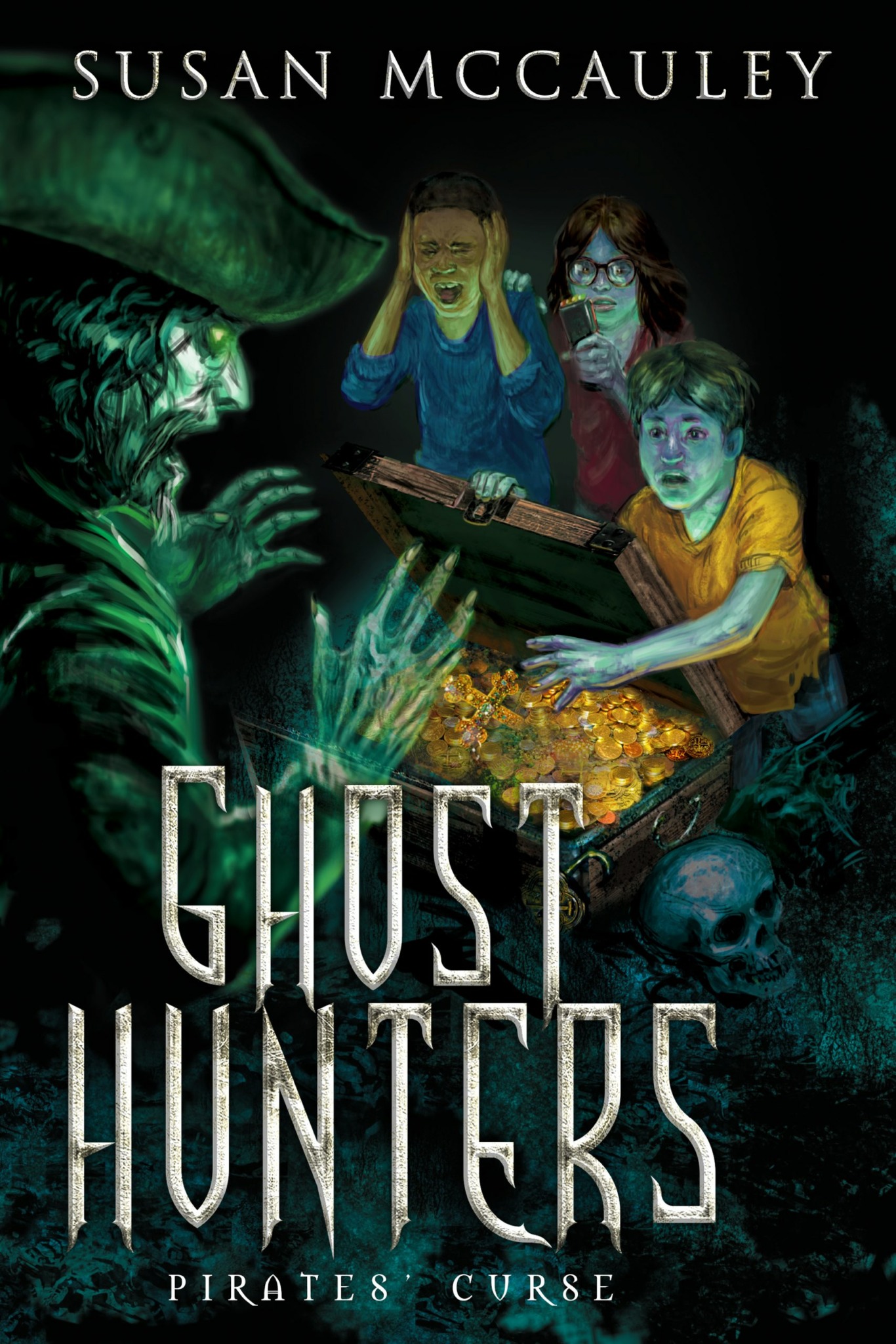
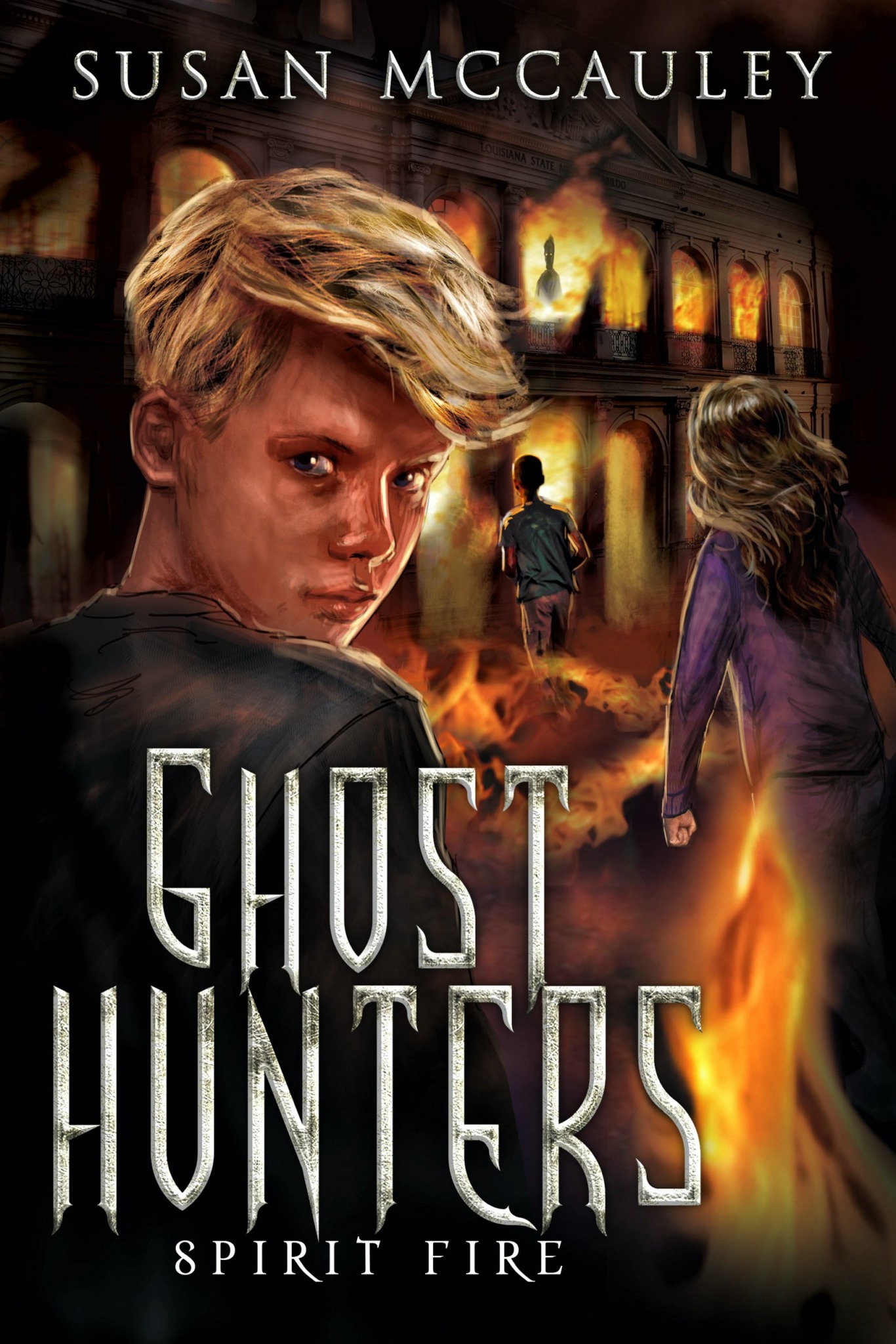
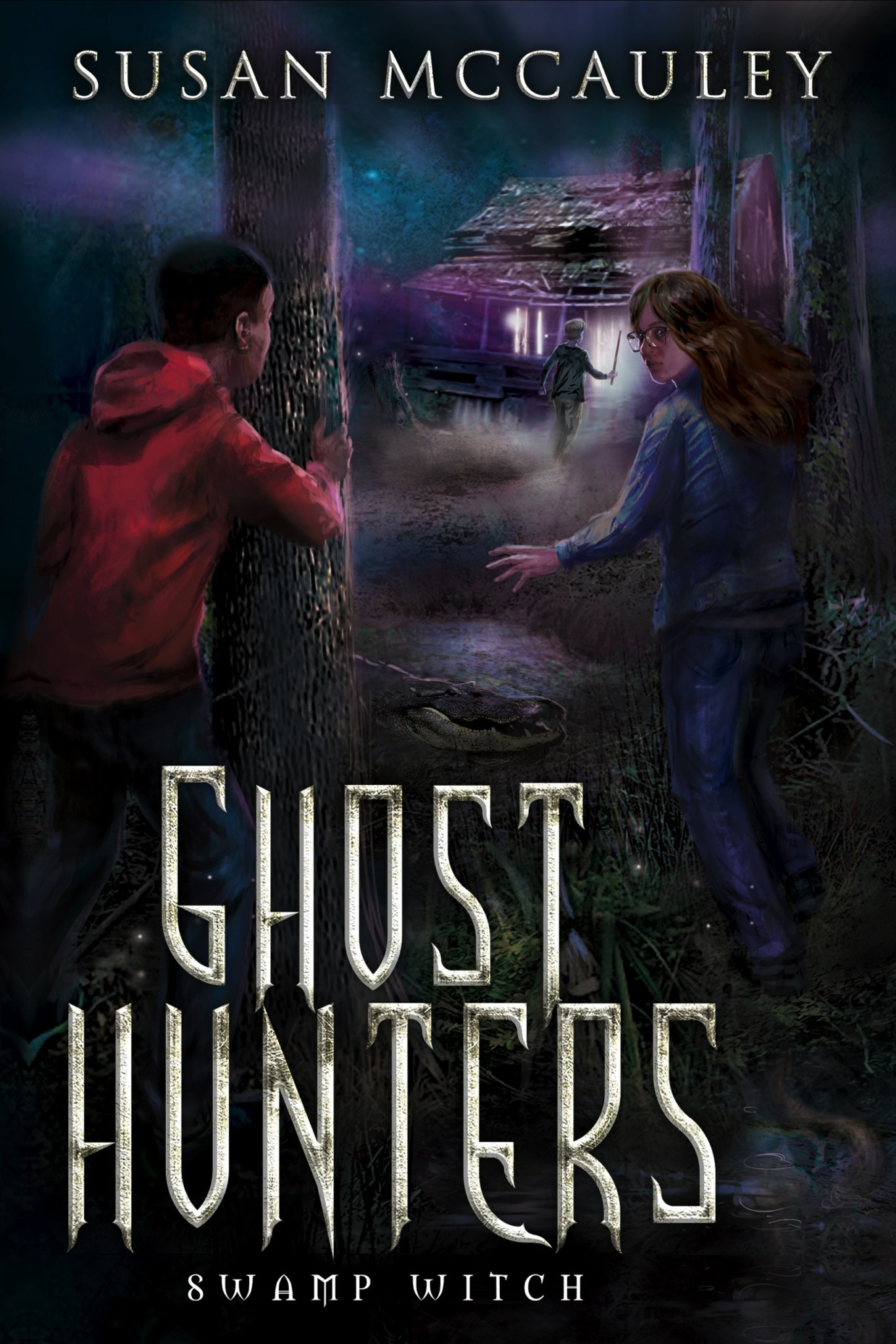
Image Credits
Headshot by Tracy Ivy.


